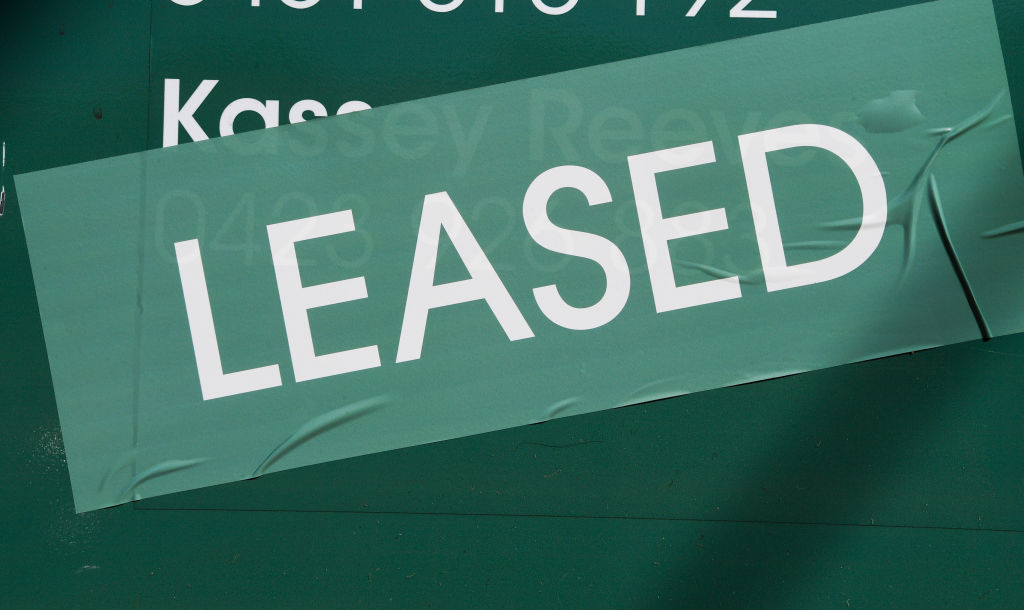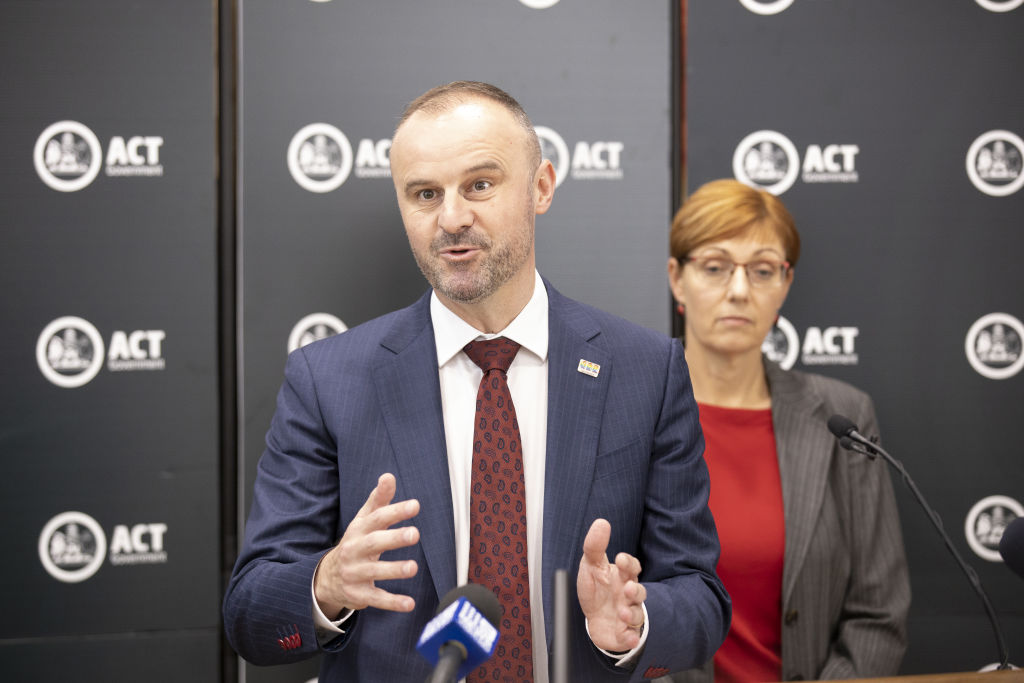COVID-19-affected residential tenants offered an extended lifeline in the ACT

ACT renters affected by the COVID-19 pandemic have been given a fresh lifeline, with a three-month extension on the moratorium period for rental evictions announced by Attorney-General Gordon Ramsay.
Under the announcement, tenants will also be able to terminate a fixed-term lease, without penalty.
Tenants would need to provide evidence that they were affected by the pandemic.
The emergency bill that has been in place since April 22, dubbed Residential Tenancies (COVID-19 Emergency Response) Declaration 2020, aligns with the federal government’s promise for a six-month moratorium on residential evictions.
The moratorium period in the ACT will now be extended to October 22.

“In addition to the moratorium on evictions for rental arrears, a COVID-19-impacted household can now terminate their agreement by providing their landlord with three weeks’ notice and evidence that they have been impacted by COVID-19,” Mr Ramsay said.
Mr Ramsay added the new measures would allow affected tenants to terminate their leases without them needing to make an application to the ACT Civil and Administrative Tribunal.
“In these circumstances, tenants will not be charged a ‘break-lease’ fee or be required to pay additional compensation,” he said.
“However, if they have fallen into rent arrears during the tenancy, this money would still be owed as a debt to their landlord.”
Other changes announced included the ability for landlords and tenants to negotiate reduced rent and relaxation on the time period for non-urgent repairs.
The declaration also included changes to the way certain inspections were carried out and restrictions on negative listing being made about impacted persons on tenancy databases.
REIACT chief executive Michelle Tynan said landlords were on the short end of the new changes, noting that most cases in which COVID-19 impacted tenants requested rent assistance, “landlords had agreed to a rent reduction in ‘good faith’ to ensure tenants could remain in their homes, and they now have no protection from further losses, should tenants now seek termination of a fixed-term lease under these agreements”.
In April, ACT Chief Minister Andrew Barr said he would “drag landlords to the table” if they didn’t play their part in helping Canberrans through the economic downturn.

“This proved completely unnecessary, as most landlords were willing to assist their tenants with a reduction in the weekly rent,” Ms Tynan said.
“Many landlords are now concerned that, with no end in sight for the pandemic, how they will be able to continue this assistance past the October moratorium end date.”
REIACT director Hannah Gill added that the continued discounted rents would “likely see an increase in the number of landlords who will sell their properties to mitigate their losses”.
“With the June quarter vacancy rate in Canberra at 1.4%, these sales will significantly affect tenants, who are already impacted from an under supply of affordable rental accommodation,” she said.
The ACT government said it would make more changes to the declaration prior to the upcoming caretaker period in a bid to support tenants and landlords.
We recommend
We thought you might like
States
Capital Cities
Capital Cities - Rentals
Popular Areas
Allhomes
More
- © 2025, CoStar Group Inc.








